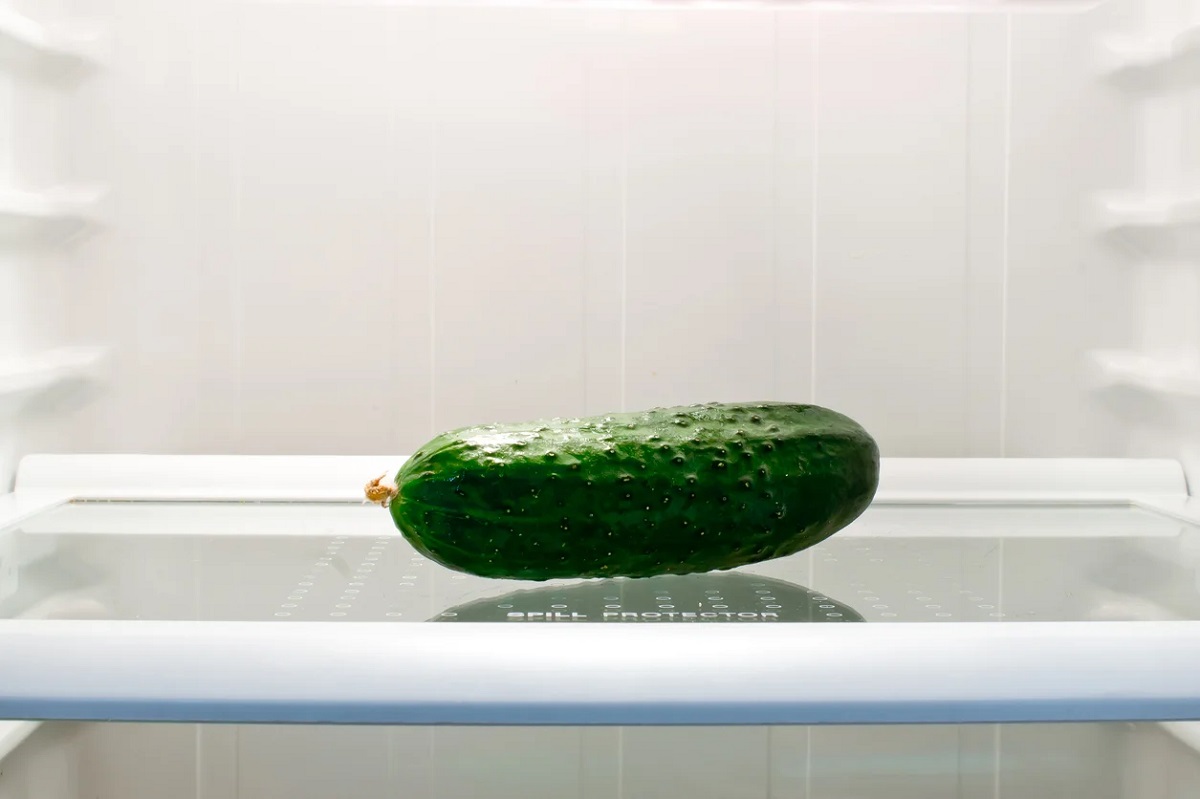

Articles
How To Store Cucumber In Fridge
Modified: January 19, 2024
Learn the best way to store cucumber in the fridge and keep it fresh for longer. Find useful articles and tips on how to store your cucumbers properly.
(Many of the links in this article redirect to a specific reviewed product. Your purchase of these products through affiliate links helps to generate commission for Storables.com, at no extra cost. Learn more)
Introduction
Storing cucumbers in the fridge is a simple yet effective way to extend their shelf life and keep them fresh for longer. Cucumbers are a versatile vegetable that can be used in salads, sandwiches, pickles, and even as a refreshing snack on a hot summer day.
However, cucumbers are quite perishable and can quickly lose their crispness and become soggy if not stored properly. By storing cucumbers in the fridge, you can slow down the deterioration process and ensure that they remain firm and juicy for an extended period.
In this article, we will explore the benefits of storing cucumbers in the fridge, discuss the different varieties of cucumbers suitable for storage, and provide you with practical tips and techniques to maximize their shelf life. Whether you buy cucumbers in bulk or have a surplus from your garden, understanding how to store them correctly will help you minimize waste and always have fresh cucumbers at your disposal.
Key Takeaways:
- Keep cucumbers fresh longer by storing them in the fridge. Enjoy crisp, hydrating cucumbers for days, reduce food waste, and savor their nutritional benefits with proper refrigeration techniques.
- Choose fresh, small cucumbers with thin skins for optimal storage. Prepare and store them carefully in the fridge to maintain their crispness, flavor, and nutritional value.
Read more: How To Store English Cucumbers In The Fridge
Benefits of Storing Cucumber in the Fridge
Storing cucumbers in the fridge offers several advantages that can help enhance their quality and prolong their freshness. Here are the key benefits of refrigerating cucumbers:
- Extended Shelf Life: The cool temperature in the refrigerator slows down the natural ripening process of cucumbers, allowing them to stay fresh for a longer period. This means you can enjoy crisp and juicy cucumbers for several days after purchasing or harvesting them.
- Retains Nutritional Value: Cucumbers are packed with essential vitamins and minerals, such as vitamin K, vitamin C, potassium, and magnesium. Refrigeration helps to preserve these nutrients, ensuring that you receive maximum nutritional benefits when consuming them.
- Maintains Texture and Crispness: Cucumbers stored in the fridge tend to retain their crispness and firm texture. The cool environment helps to slow down enzymatic activity, preventing them from turning soft and mushy.
- Hydration and Refreshment: Refrigerated cucumbers offer a refreshing bite, especially during hot summer months. The cool temperature adds a pleasant cooling effect, making them a perfect hydrating snack or an ingredient for chilled salads and soups.
- Reduces Food Waste: By storing cucumbers in the fridge, you can minimize the chances of them going bad quickly. This can help reduce food waste and save money, as you won’t have to discard unused or spoiled cucumbers as frequently.
These benefits make refrigeration an ideal storage method for cucumbers, allowing you to enjoy their freshness and nutritional value for an extended period.
Choosing the Right Cucumbers for Storage
When it comes to storing cucumbers in the fridge, it’s important to choose the right kind of cucumbers. Here are some factors to consider when selecting cucumbers for storage:
- Freshness: Look for cucumbers that are firm, with vibrant green skin and no signs of wrinkles or soft spots. Fresh cucumbers have a crisp texture and will hold up better during refrigeration.
- Size: Smaller cucumbers are generally better for storage as they tend to retain their freshness and crispiness for longer. Large cucumbers may have a higher water content and can become soggy more quickly.
- Seeds: Cucumbers with fewer seeds are preferable for storage. Seeds can contribute to a higher water content, which can lead to a quicker deterioration of the cucumber’s texture.
- Skin Thickness: Opt for cucumbers with thinner skins, as they are less likely to turn bitter during refrigeration. Thicker-skinned cucumbers may develop a bitter taste when exposed to cool temperatures for an extended period.
- Organic or Conventional: If possible, choose organic cucumbers. Organic cucumbers are grown without the use of synthetic pesticides or chemicals, which can contribute to a healthier and more flavorful produce.
By selecting fresh, small-sized cucumbers with fewer seeds and thinner skins, you can ensure that the cucumbers stay fresh and maintain their quality throughout their time in the fridge. Remember to inspect the cucumbers carefully before purchasing to avoid buying ones that are already past their prime.
Preparing Cucumbers for Refrigeration
Before storing cucumbers in the fridge, it’s important to properly prepare them. Follow these steps to ensure your cucumbers are ready for refrigeration:
- Wash the Cucumbers: Start by washing the cucumbers thoroughly under cool running water. This helps remove any dirt, debris, or residual chemicals on the skin. Gently scrub the skin with a vegetable brush if needed, but avoid using soap or detergent.
- Trim the Ends: Trim both ends of the cucumbers using a sharp knife. The ends can sometimes harbor bacteria or contain a bitter taste. Removing them helps improve the cucumber’s overall flavor and reduces the risk of spoilage.
- Optional: Peel the Skin: If you prefer, you can peel the cucumber skin before refrigerating. While the skin contains some beneficial nutrients, peeling can help improve the cucumber’s texture and reduce any potential bitterness.
- Pat Dry: After washing and trimming, use a clean kitchen towel or paper towels to pat the cucumbers dry. Excess moisture can promote the growth of mold and cause the cucumbers to become mushy or slimy. Make sure they are completely dry before storing.
By taking these simple steps to prepare your cucumbers for refrigeration, you can ensure that they remain fresh and ready to be enjoyed for an extended period.
Proper Storage Techniques for Cucumbers in the Fridge
To maximize the shelf life and maintain the quality of cucumbers in the fridge, it’s important to follow proper storage techniques. Here are some guidelines to keep in mind:
- Wrap Individually: Wrap each cucumber individually in a clean paper towel or place them in a perforated plastic bag. This helps absorb excess moisture and prevents the cucumbers from sticking together, which can cause bruising or rot.
- Choose the Right Shelf: Place the wrapped cucumbers on a dedicated shelf in the refrigerator. The ideal temperature for storing cucumbers is around 50°F (10°C). Avoid placing them near the back of the fridge where the temperature is colder or close to the door where they may be exposed to temperature fluctuations.
- Keep Away from Ethylene-Producing Fruits: Cucumbers are sensitive to ethylene gas, which is naturally produced by some fruits like bananas, melons, and apples. Keep cucumbers separate from these fruits to prevent premature ripening and spoilage.
- Avoid Overcrowding: Allow some space between the cucumbers to promote proper airflow and prevent them from becoming squished or bruised. Overcrowding can lead to the accumulation of moisture and increase the risk of spoilage.
- Check Regularly: Periodically inspect the cucumbers for any signs of spoilage, such as mold, soft spots, or sliminess. Remove any damaged or rotting cucumbers immediately to avoid contaminating the rest.
Following these proper storage techniques will help maintain the freshness and quality of your cucumbers in the fridge, ensuring that they stay crisp, flavorful, and ready to be used in your favorite recipes.
Store cucumbers in the fridge in a perforated plastic bag to maintain moisture and prevent them from becoming soggy. Keep them in the crisper drawer for best results.
Read more: How To Store Cut Cucumbers In Fridge
Storing Cut Cucumbers in the Fridge
If you’ve already cut up your cucumbers and want to store the leftovers in the fridge, there are some specific steps to follow to keep them fresh. Here’s how to store cut cucumbers:
- Wrap in Plastic Wrap: After cutting the cucumbers into slices or cubes, place them in an airtight container or wrap them tightly in plastic wrap. This helps to prevent moisture loss and maintain their texture.
- Label and Date: If you’re using a storage container, make sure to label it with the date of storage. This will help you keep track of how long the cut cucumbers have been in the fridge and ensure you use them before they spoil.
- Store on a Shelf: Place the wrapped or containered cut cucumbers on a shelf in the refrigerator, away from any ethylene-producing fruits. This will help them stay fresh and avoid absorbing any unwanted flavors.
- Use within a Few Days: Cut cucumbers will not last as long as whole cucumbers, so it’s best to use them within a few days. They may start to lose their crispness and become mushy over time.
- Discard if Spoiled: Regularly check the cut cucumbers for any signs of spoilage, such as a slimy texture, unusual odor, or mold growth. If any of these signs are present, it’s important to discard the cucumbers to avoid consuming spoiled food.
By following these steps, you can safely store cut cucumbers in the fridge and prolong their shelf life. This way, you can enjoy the convenience of pre-cut cucumbers in your salads, sandwiches, or snacks without sacrificing their freshness.
Tips for Extending the Shelf Life of Cucumbers in the Fridge
To ensure that your cucumbers stay fresh and retain their quality for as long as possible, here are some additional tips to extend their shelf life in the fridge:
- Store Unwashed: It’s best to store cucumbers unwashed until you’re ready to use them. Washing them too far in advance can introduce excess moisture, which can lead to deterioration and mold growth.
- Avoid Direct Contact with Metal: Cucumbers can react with metal containers or surfaces, causing them to deteriorate faster. Use glass, plastic, or ceramic containers to store cucumbers in the fridge.
- Don’t Peel Before Storage: Unless you plan to use the cucumbers immediately, it’s recommended to keep the skin intact when storing. The skin helps preserve the cucumber’s texture and nutrients.
- Keep Reusable Bags Handy: Using reusable produce bags with proper ventilation can help maintain optimal humidity levels, preventing excess moisture buildup and extending the cucumbers’ freshness.
- Use Freshness Extenders: Consider using freshness-extending techniques like placing cucumbers on a bed of paper towels or storing them in airtight containers with a piece of paper towel to absorb excess moisture.
- Rotate Cucumbers: When storing multiple cucumbers, rotate them periodically. This ensures that each cucumber gets equal exposure to the cool temperature and helps prevent one cucumber from spoiling and affecting the others.
- Wrap Cut Ends: If you have partially used cucumbers, covering the cut ends with plastic wrap or aluminum foil can help slow down the deterioration process by reducing moisture loss.
- Trim and Use Fresh: If you notice any signs of spoilage or softening, it’s best to trim that portion and use the cucumber immediately to avoid further spoilage.
By implementing these tips, you can significantly extend the shelf life of cucumbers in the fridge and enjoy fresh, crispy cucumbers whenever you need them.
Common Mistakes to Avoid when Storing Cucumbers in the Fridge
To ensure that your cucumbers stay fresh and maintain their quality while stored in the fridge, it’s important to avoid some common mistakes that can lead to premature spoilage. Here are some mistakes to steer clear of:
- Storing at the Wrong Temperature: Cucumbers are sensitive to extreme cold temperatures and should be stored at around 50°F (10°C). Storing them in colder parts of the fridge can cause chilling injury, leading to wateriness and softening.
- Not Wrapping or Packaging: Leaving cucumbers exposed in the fridge can lead to moisture loss and a deterioration in quality. Always wrap cucumbers individually in paper towels or store them in breathable containers or bags.
- Storing with Ethylene-Producing Fruits: Ethylene gas can speed up the ripening process of cucumbers and cause them to spoil faster. Keep cucumbers away from ethylene-producing fruits like bananas, apples, and melons.
- Storing Wet Cucumbers: Excess moisture can promote the growth of mold and speed up the deterioration of cucumbers. Ensure that the cucumbers are completely dry before storing them in the fridge.
- Not Checking for Spoilage: Regularly inspect your cucumbers for any signs of spoilage, such as mold, sliminess, or an unpleasant odor. Remove any spoiled cucumbers immediately to prevent the spread of spoilage to other cucumbers.
- Storing for Too Long: While storing cucumbers in the fridge can extend their shelf life, they will eventually lose their freshness and crispness. Use them within a reasonable timeframe, typically within a week, to enjoy the best quality.
- Storing Overripe Cucumbers: If you notice any signs of overripeness, such as yellowing or soft spots, it’s best to use the cucumbers immediately rather than attempting to store them. Overripe cucumbers are more prone to spoilage.
- Not Rotating Cucumbers: To ensure even exposure to the cooling temperature, rotate the cucumbers periodically. This prevents one cucumber from spoiling and affecting the others.
By avoiding these common mistakes, you can preserve the freshness and quality of your cucumbers while stored in the fridge, enhancing their shelf life and ensuring they’re ready to be enjoyed whenever you need them.
Conclusion
Storing cucumbers in the fridge is a simple and effective way to extend their shelf life and keep them fresh for longer. By following the right techniques, you can maintain the texture, flavor, and nutritional value of cucumbers, ensuring that they are always ready to be used in your favorite dishes.
Choosing the right cucumbers, preparing them properly, and storing them in the fridge with care are essential steps in maximizing their freshness. Wrapping them individually, avoiding direct contact with metal, and keeping them separate from ethylene-producing fruits are all crucial in preventing premature spoilage.
Additionally, paying attention to the temperature, using proper packaging, and regularly checking for signs of spoilage are important steps in maintaining the quality of the cucumbers. By following these tips and avoiding common mistakes, you can enjoy crisp and refreshing cucumbers for an extended period, reducing food waste and saving money.
So, the next time you purchase or harvest cucumbers, remember to store them properly in the fridge to prolong their shelf life. By doing so, you can always have fresh cucumbers on hand, ready to enhance your salads, sandwiches, pickles, and snacks.
Take advantage of the benefits of refrigeration, and savor the crispness and juiciness of cucumbers for longer periods. Enjoy the versatility and refreshing taste of cucumbers while reaping their nutritional benefits. With the right storage techniques, you can relish the goodness of cucumbers any time you desire.
Frequently Asked Questions about How To Store Cucumber In Fridge
Was this page helpful?
At Storables.com, we guarantee accurate and reliable information. Our content, validated by Expert Board Contributors, is crafted following stringent Editorial Policies. We're committed to providing you with well-researched, expert-backed insights for all your informational needs.
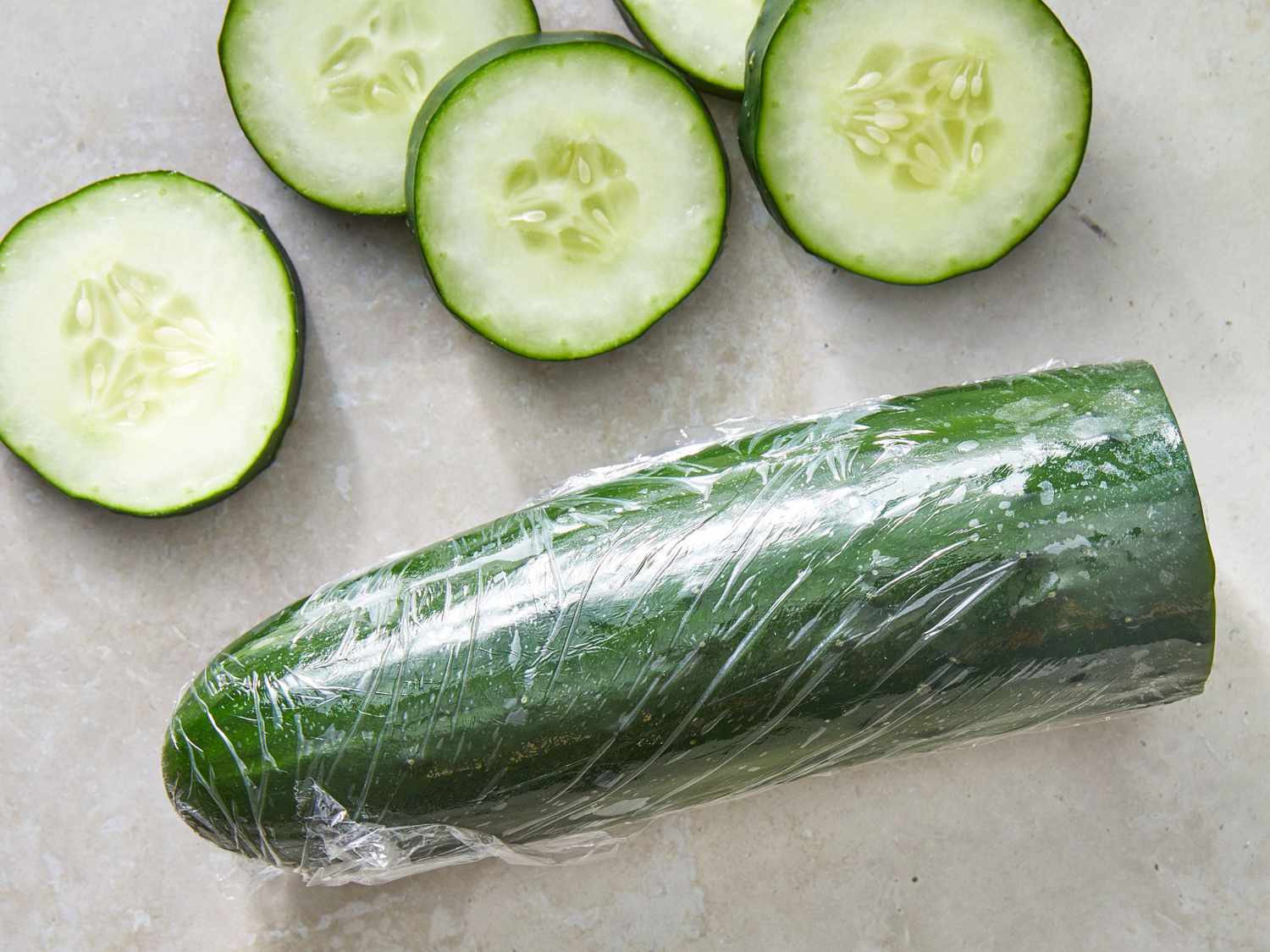
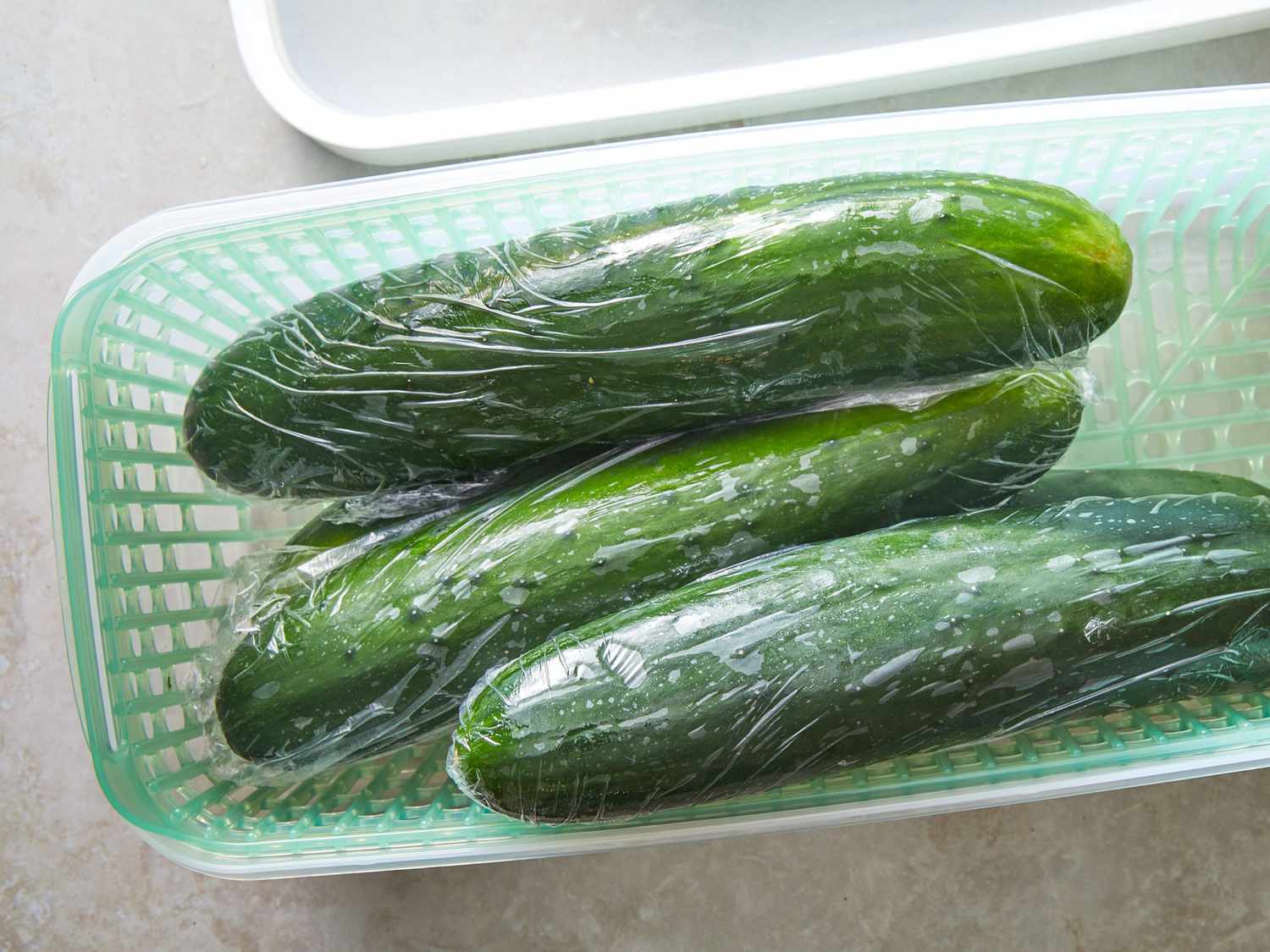
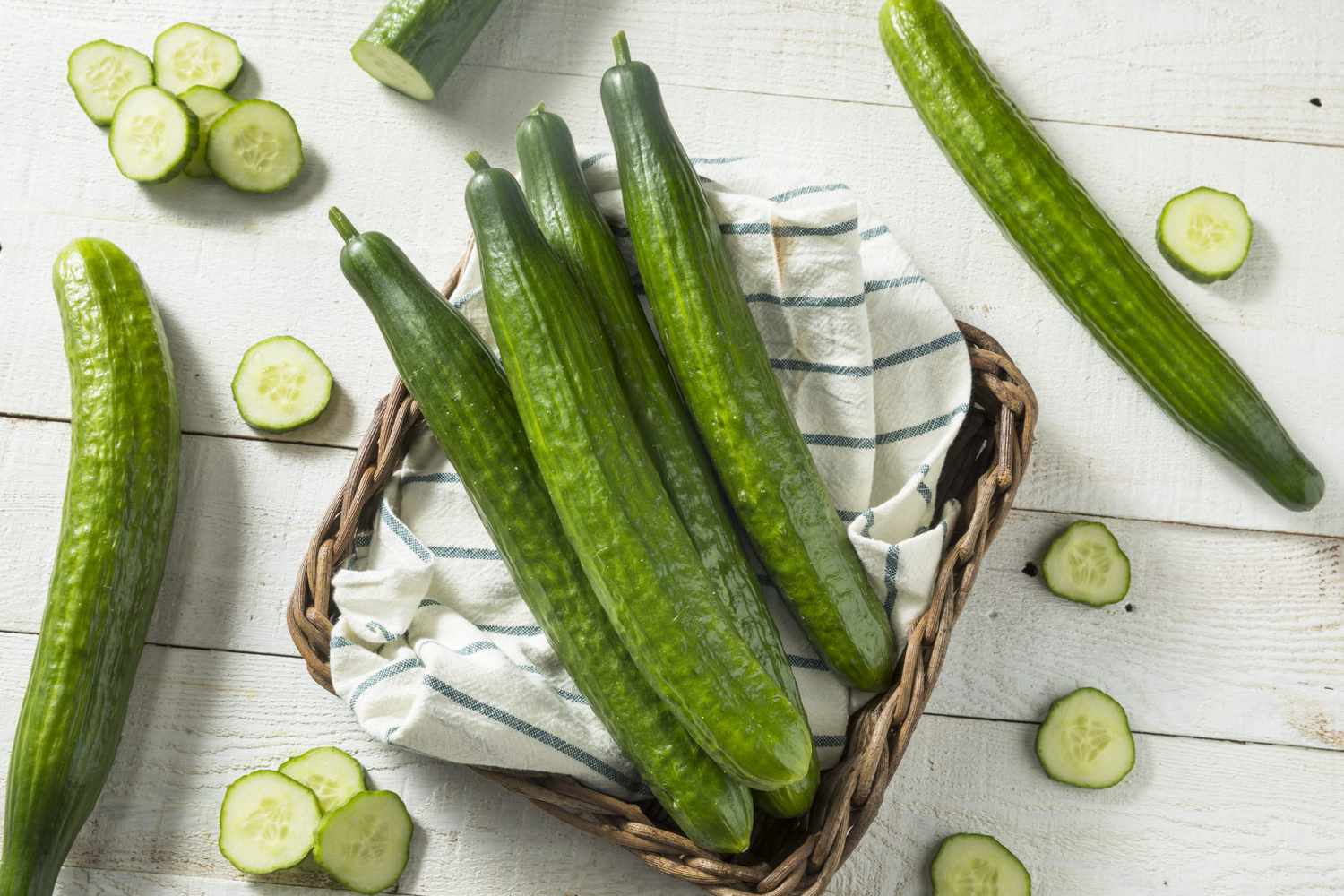
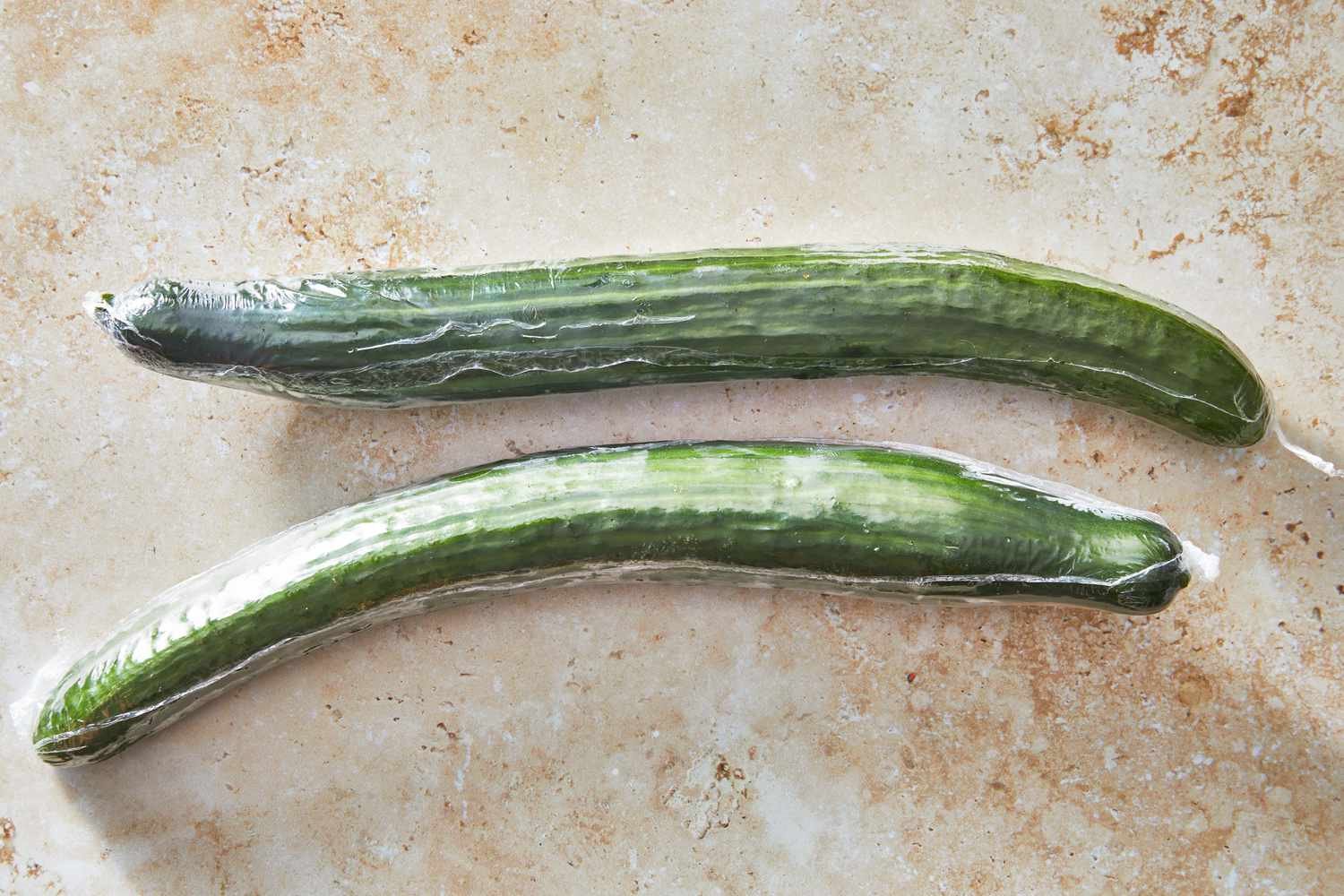
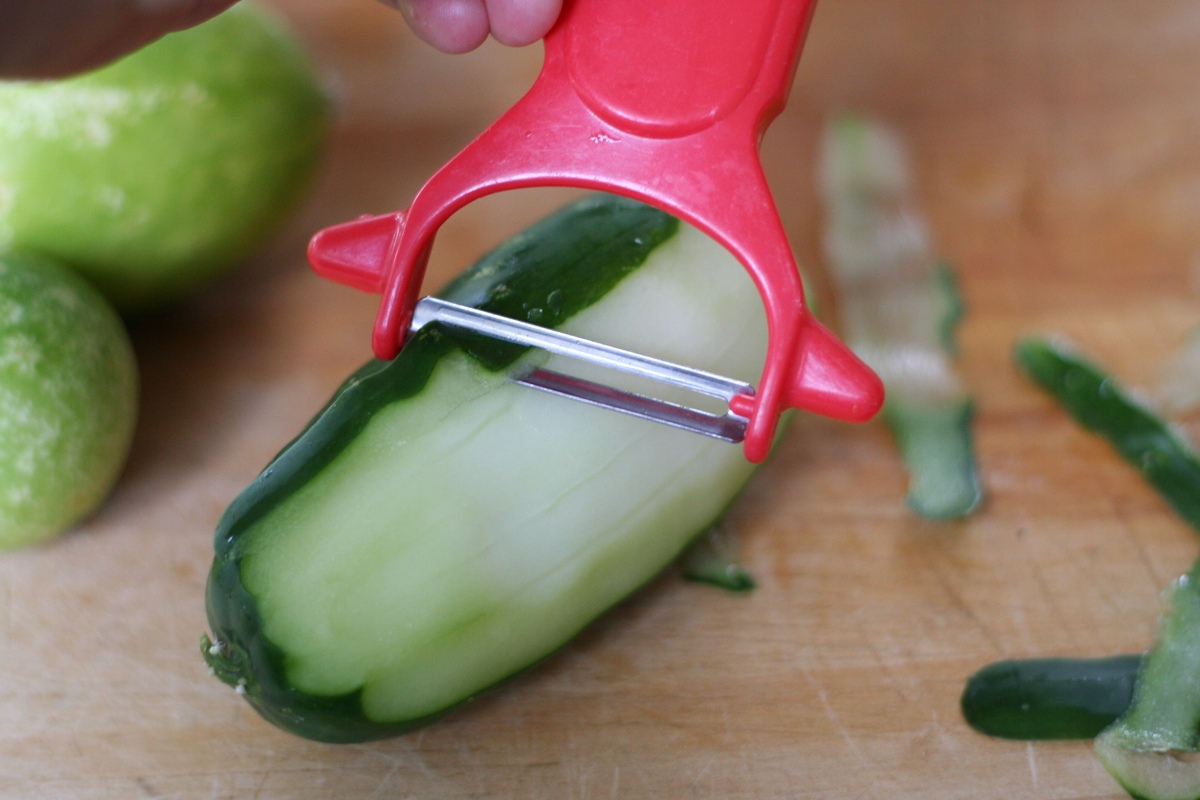
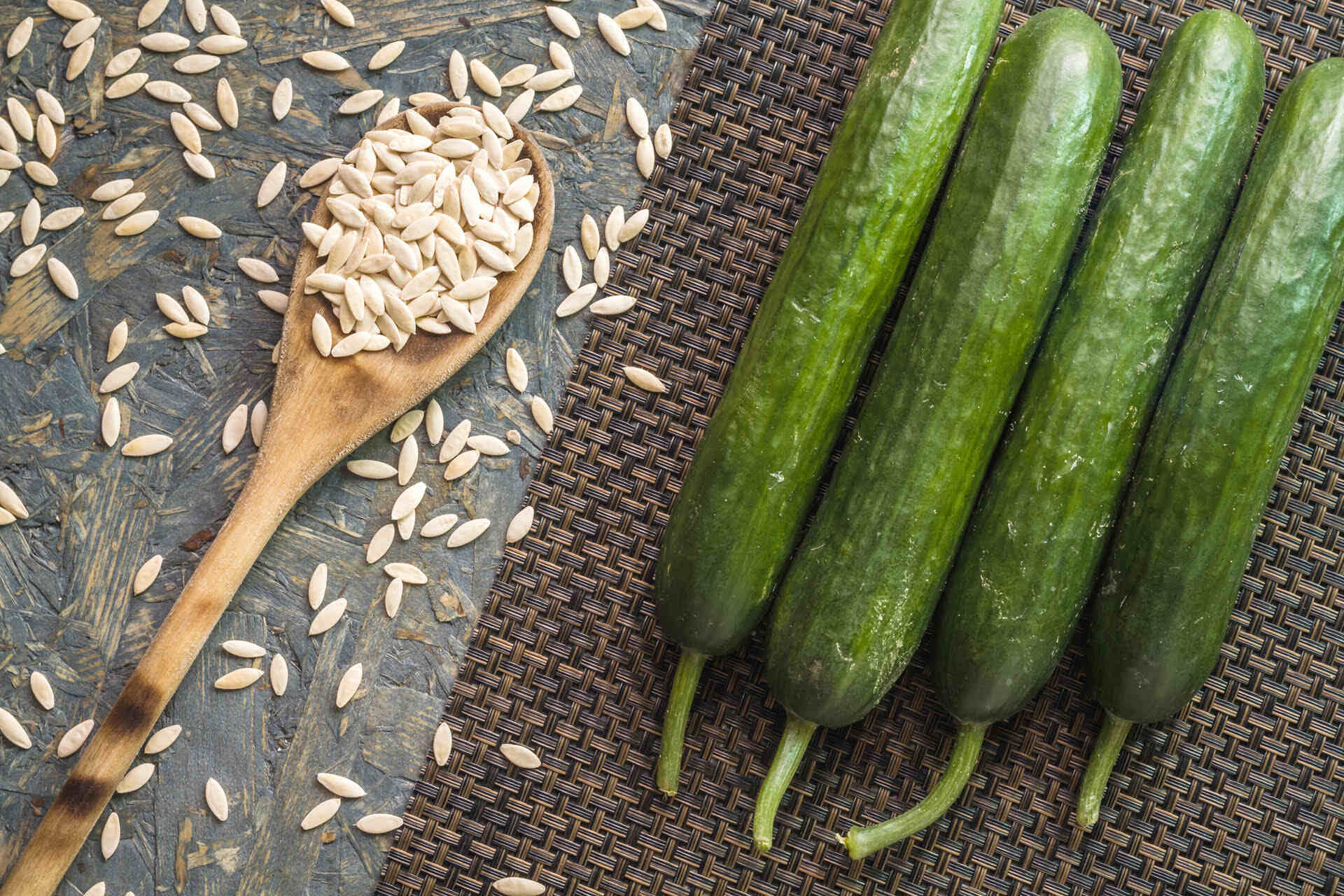
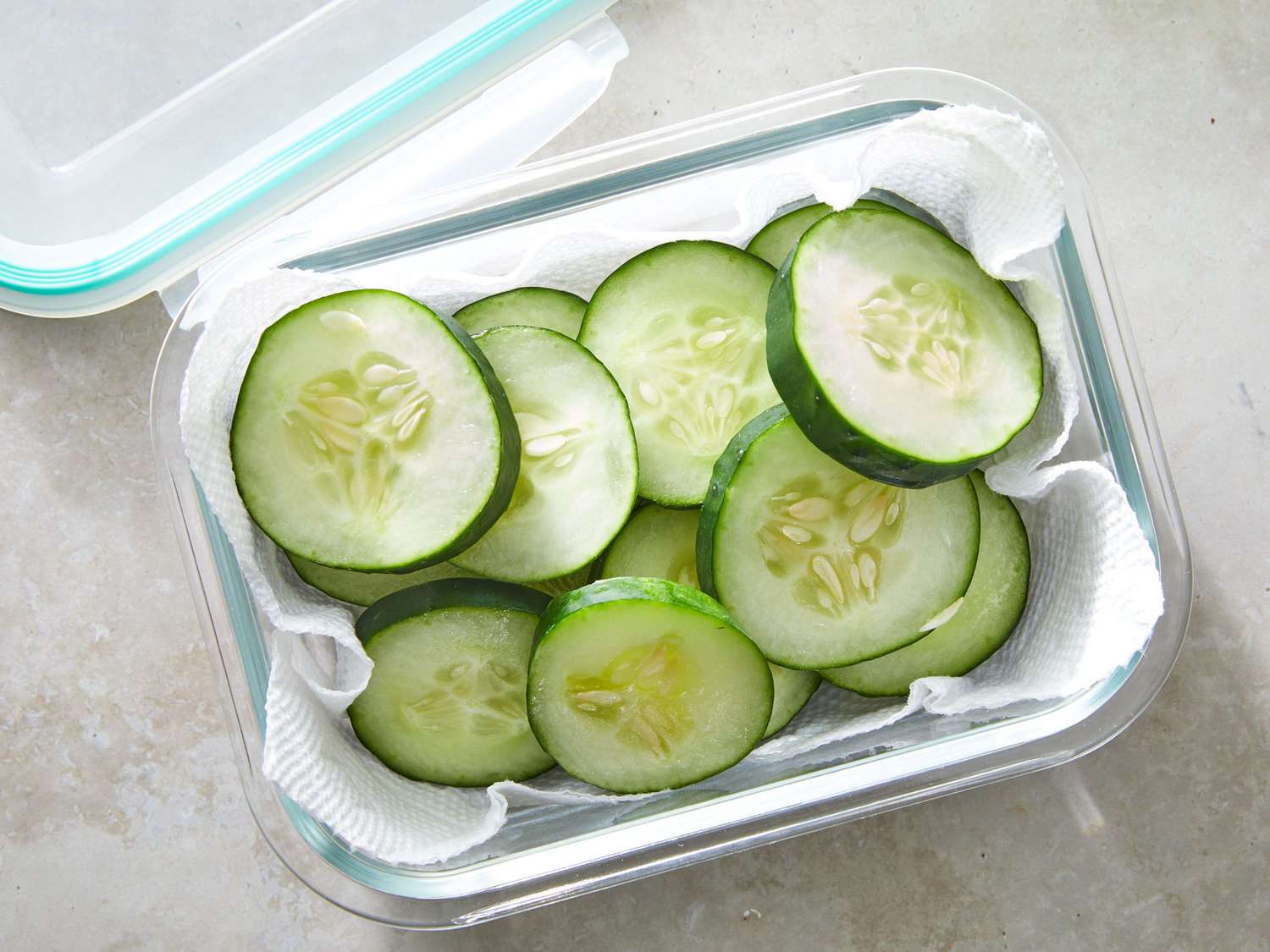
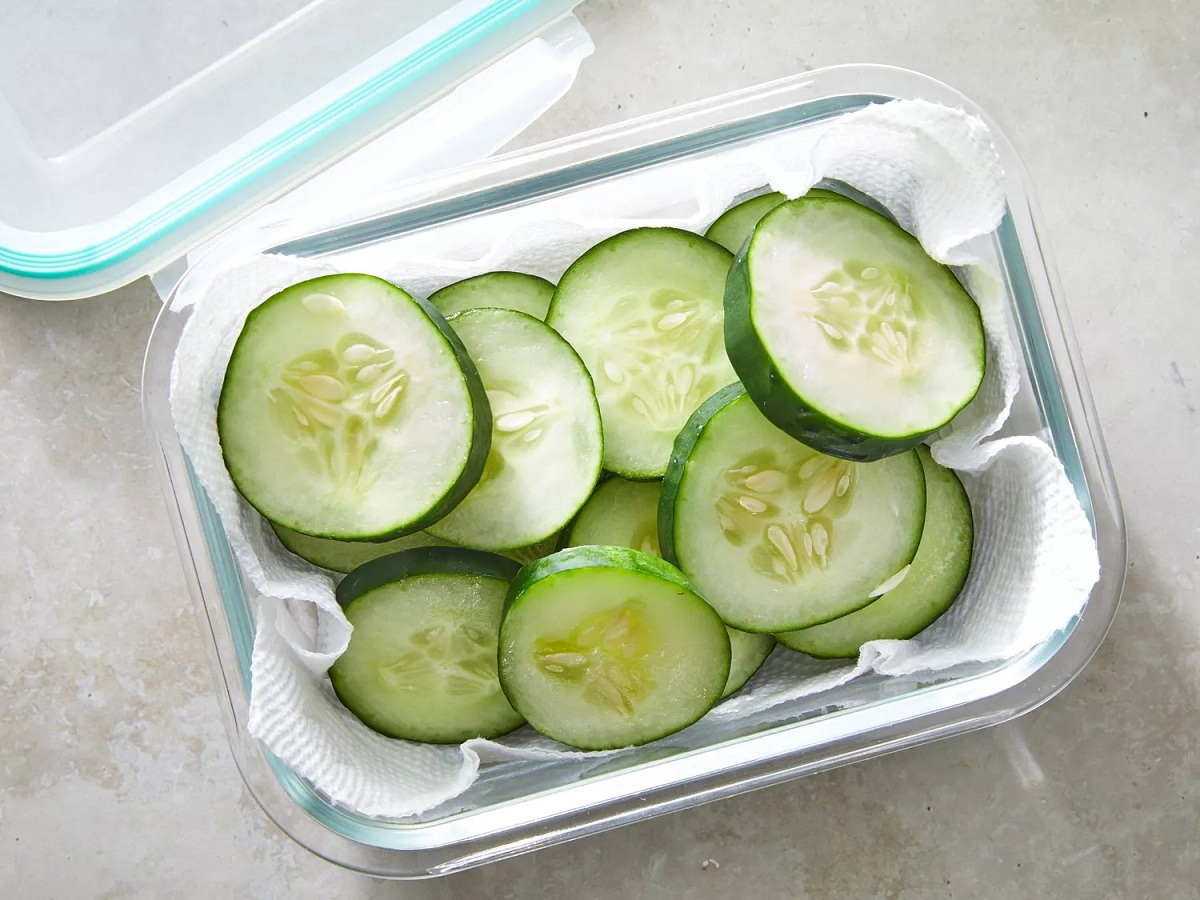
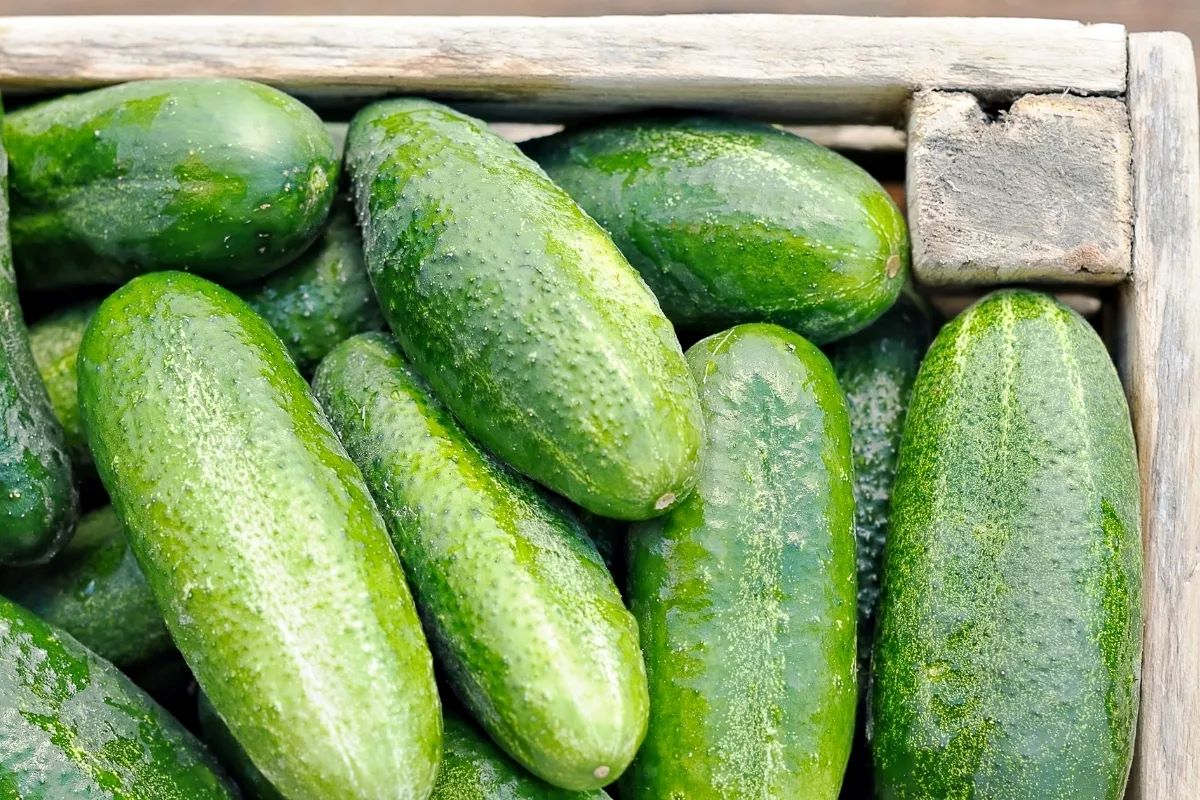
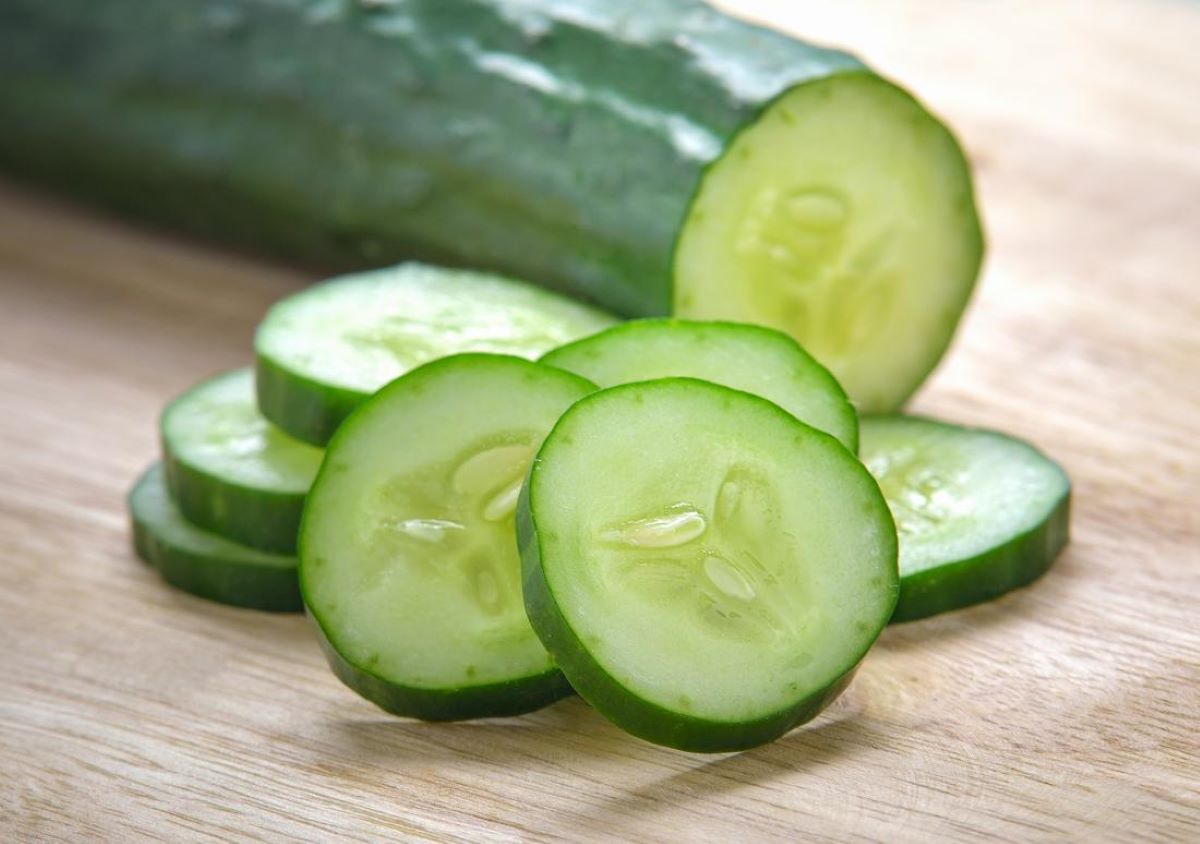
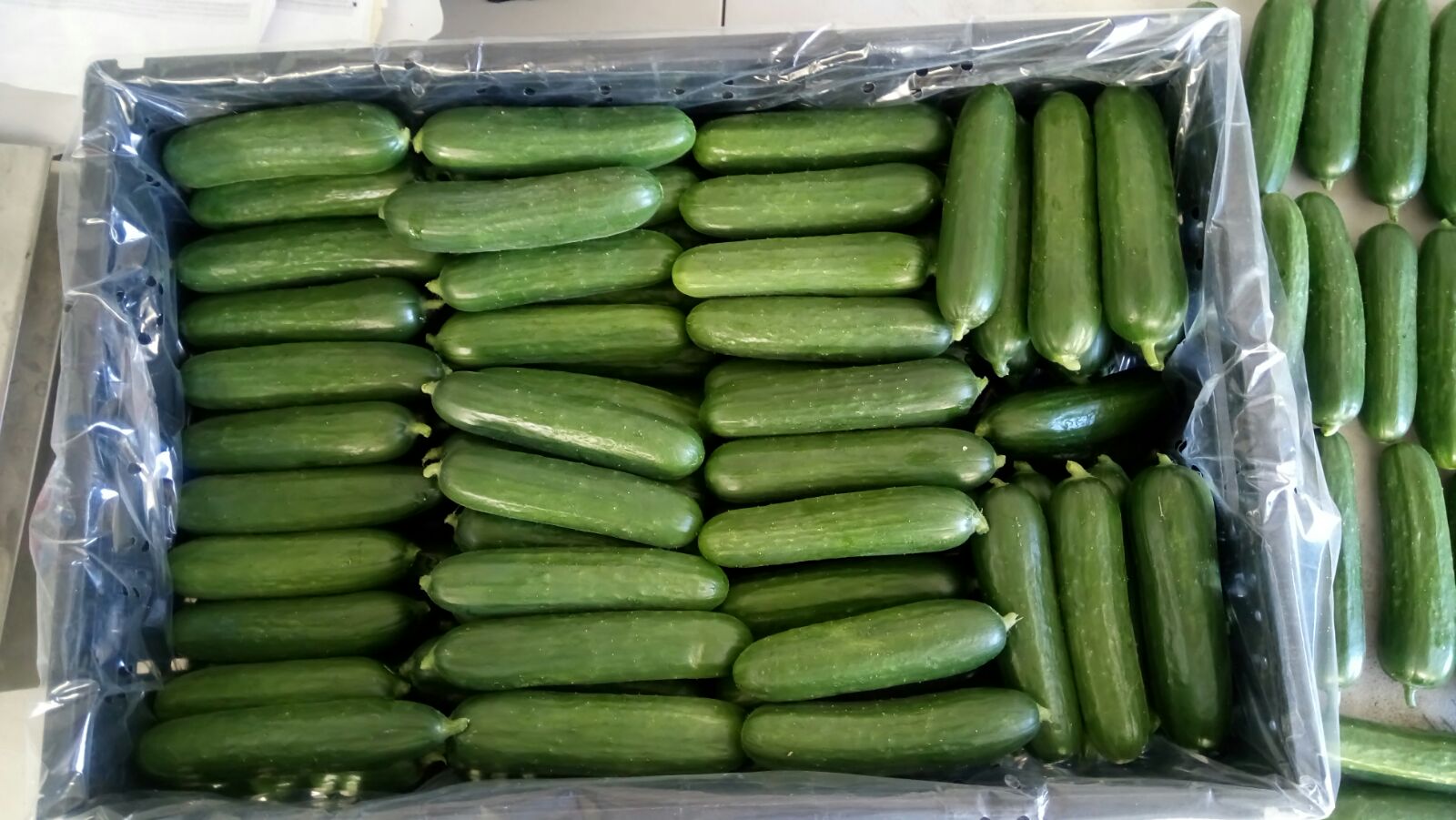
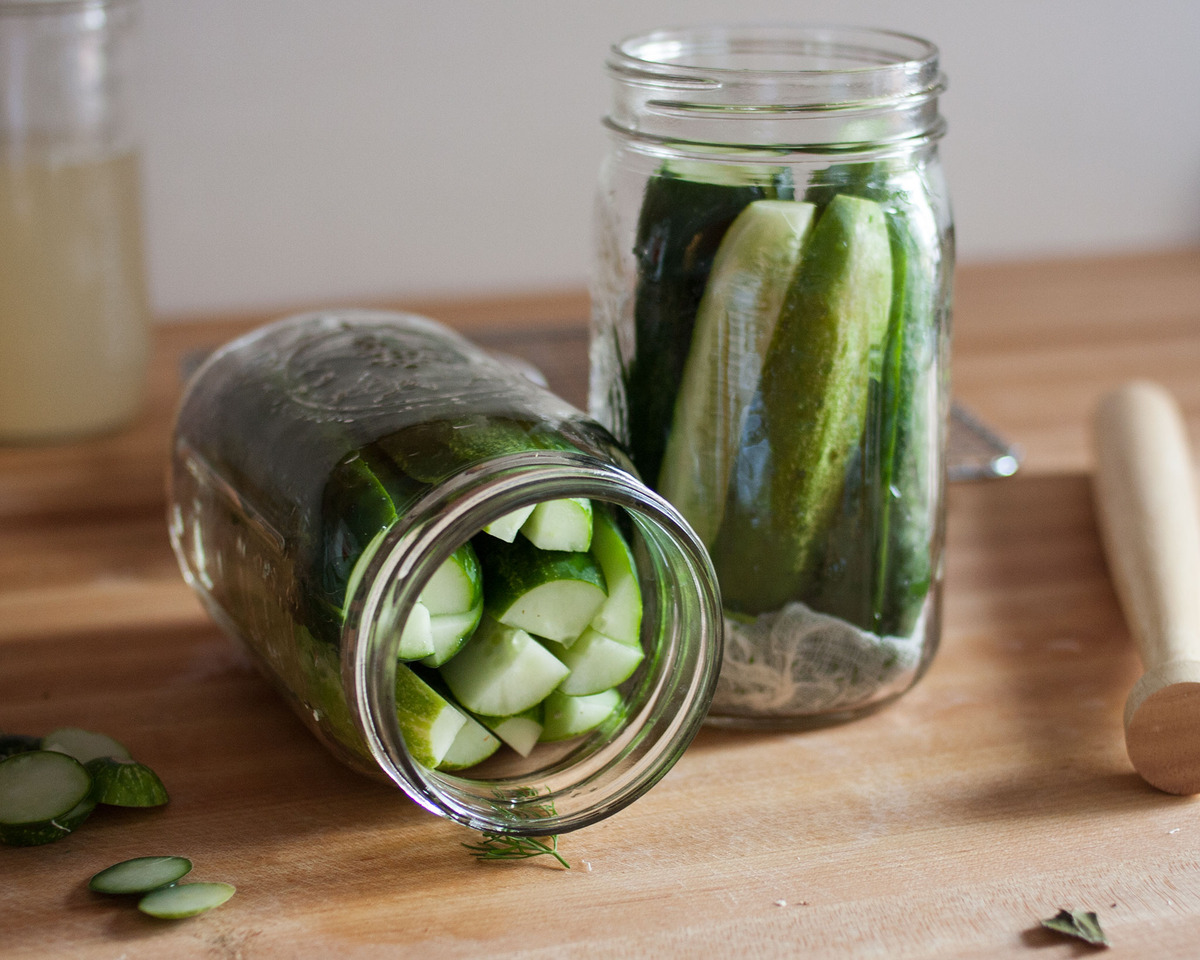
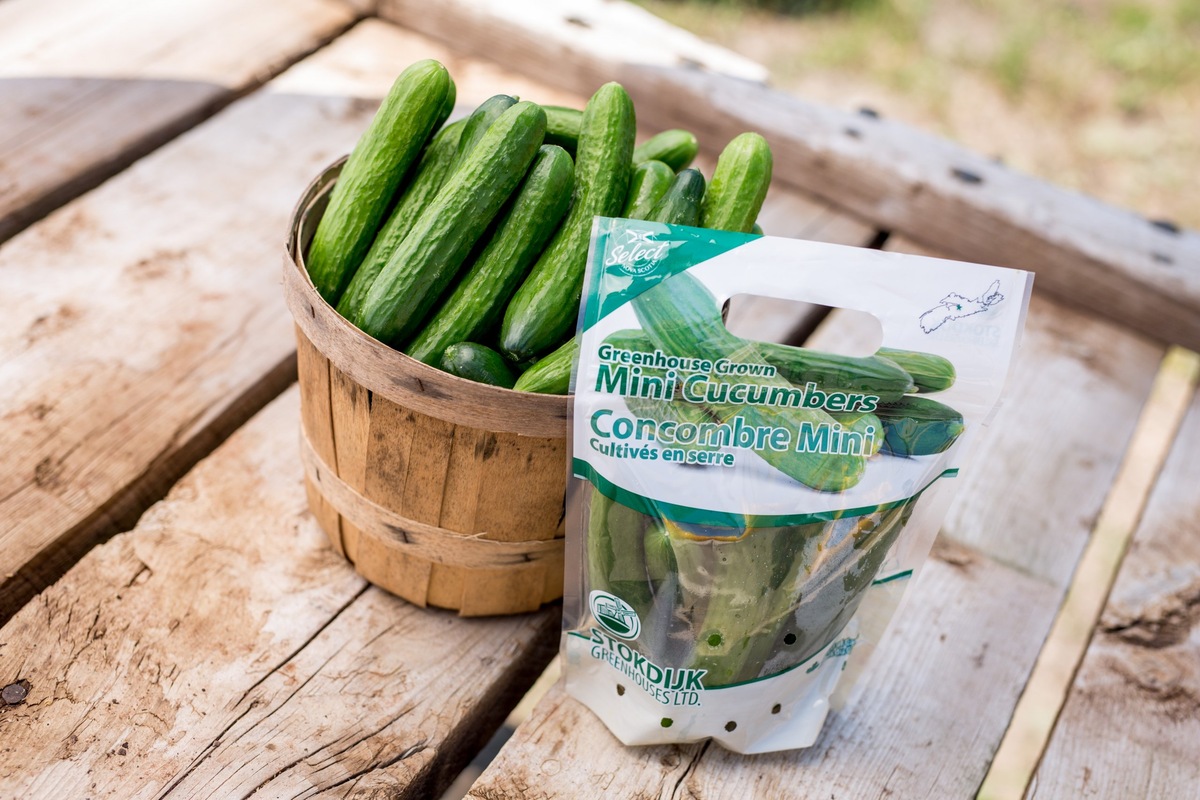
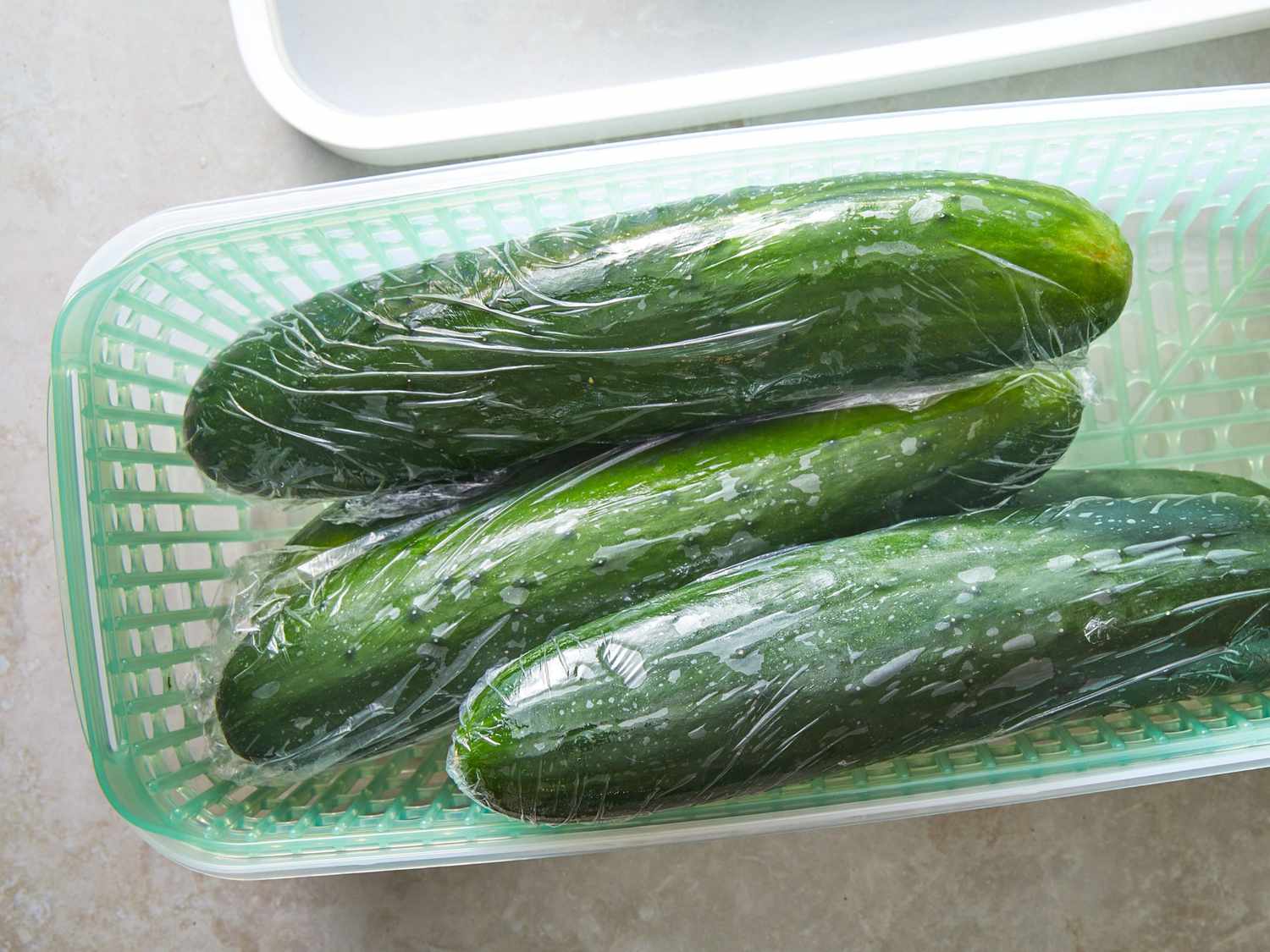

0 thoughts on “How To Store Cucumber In Fridge”